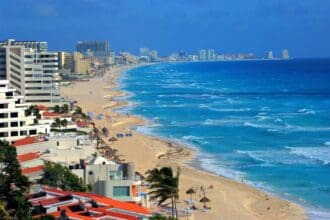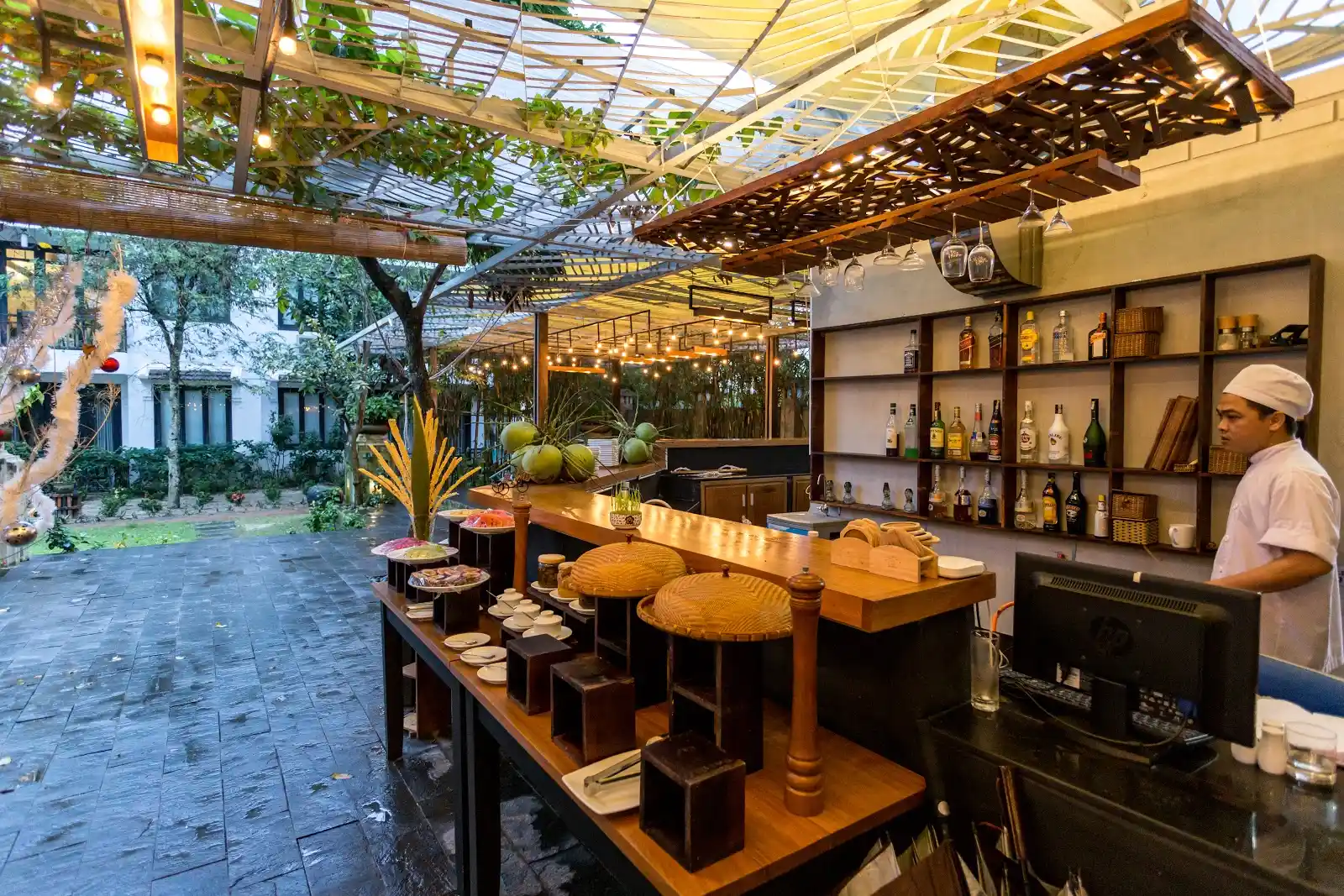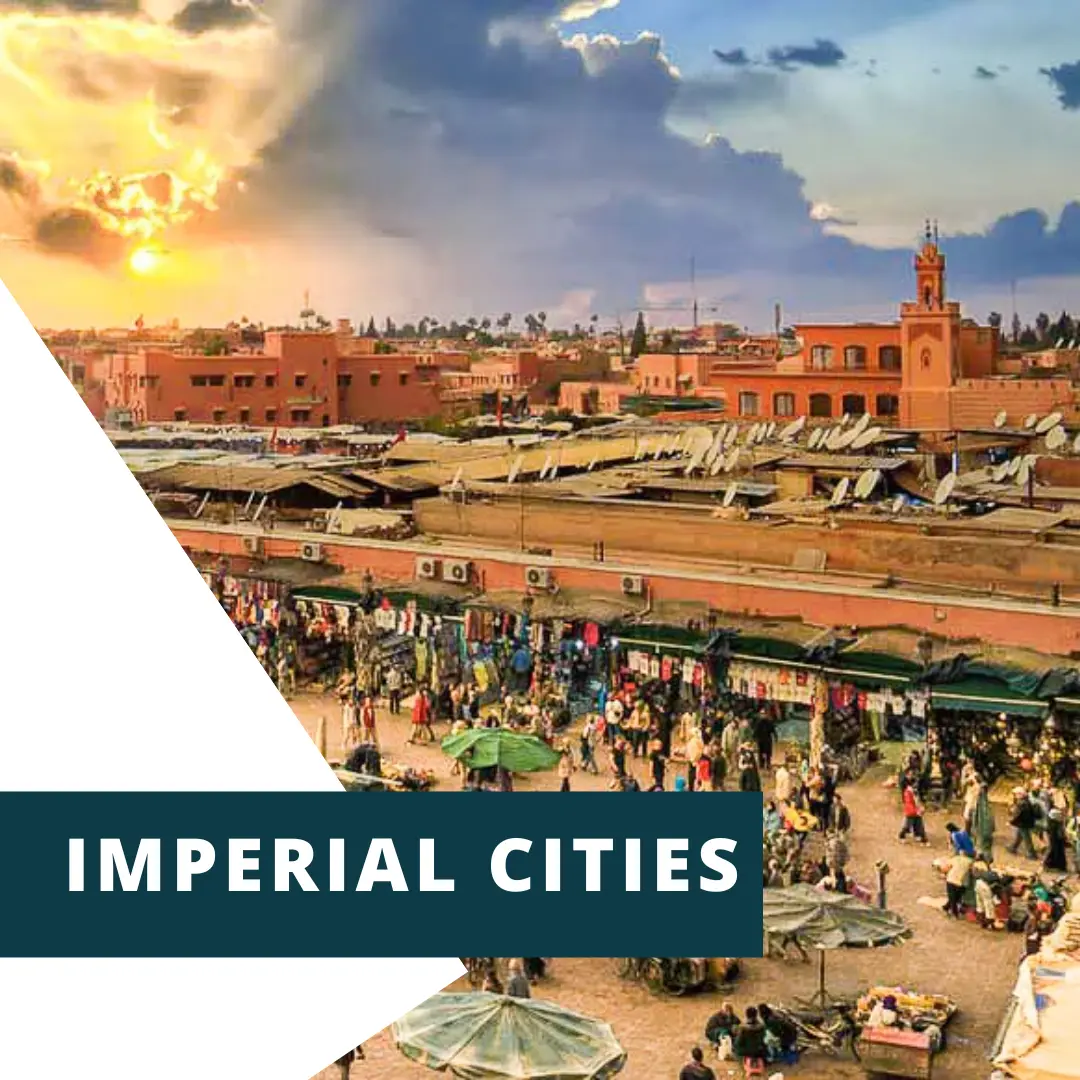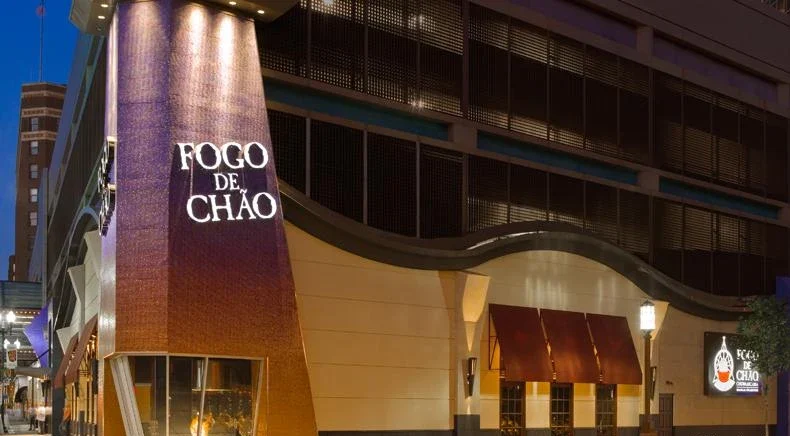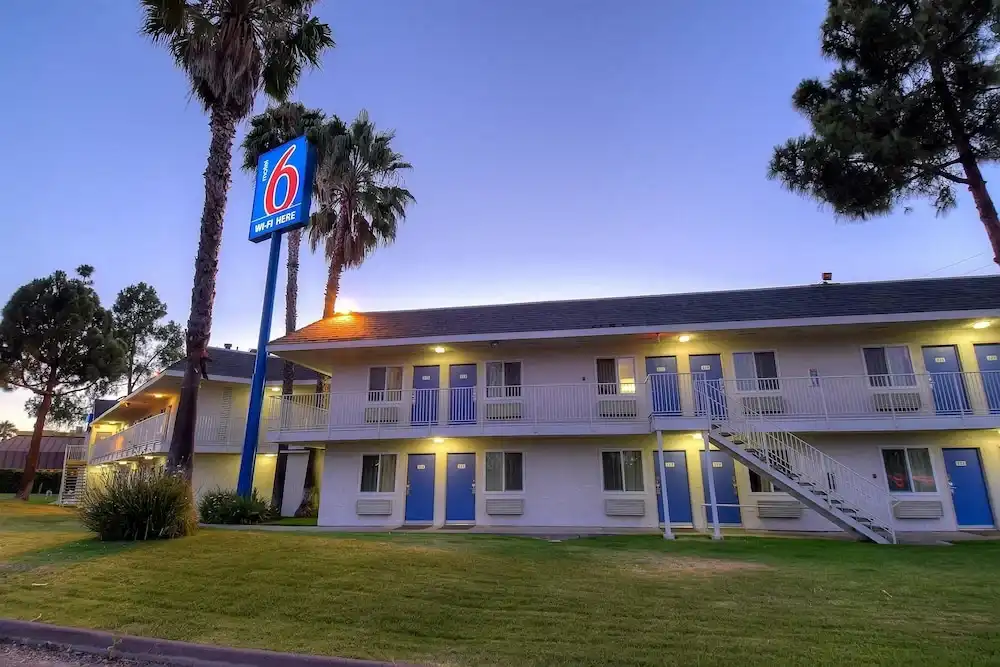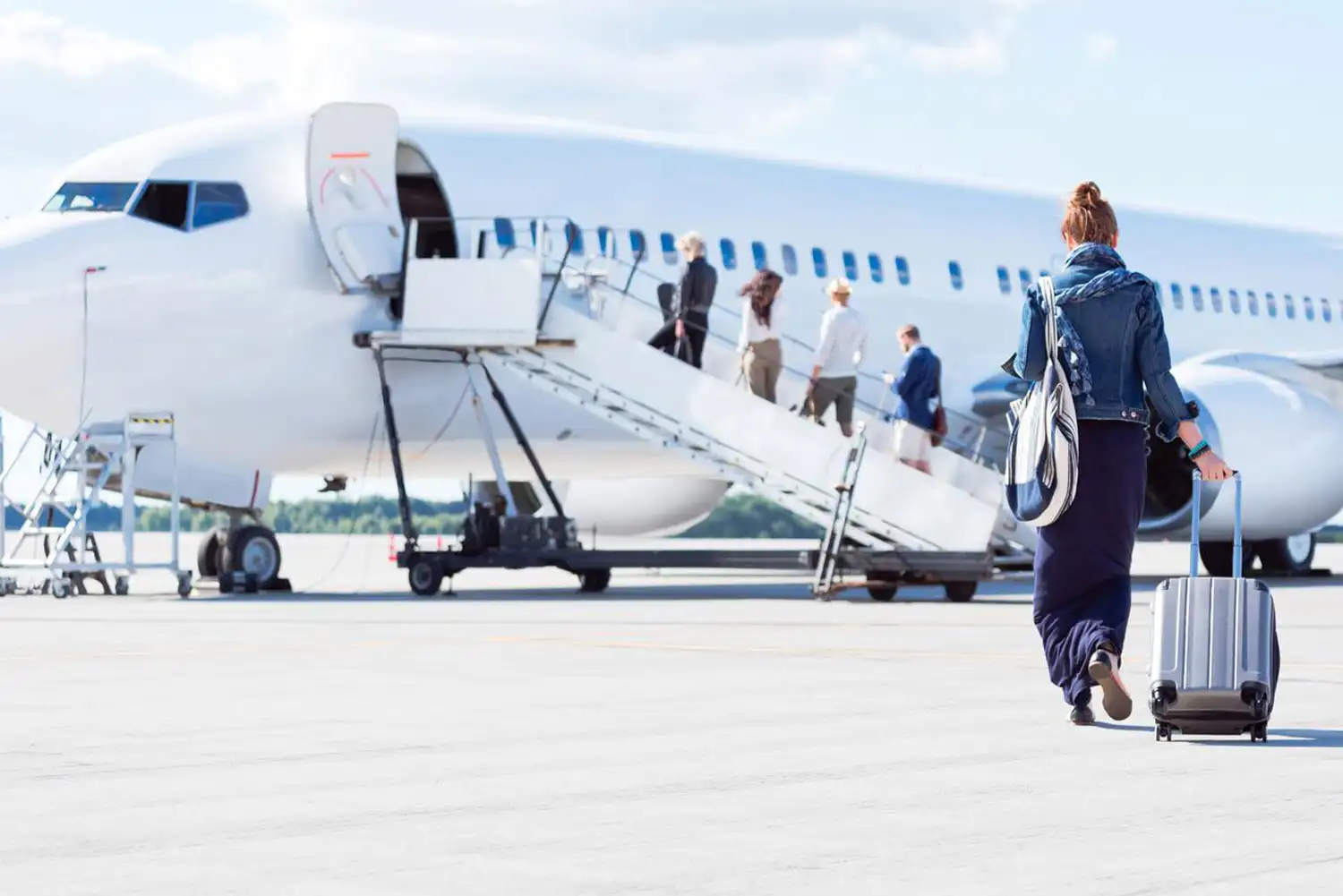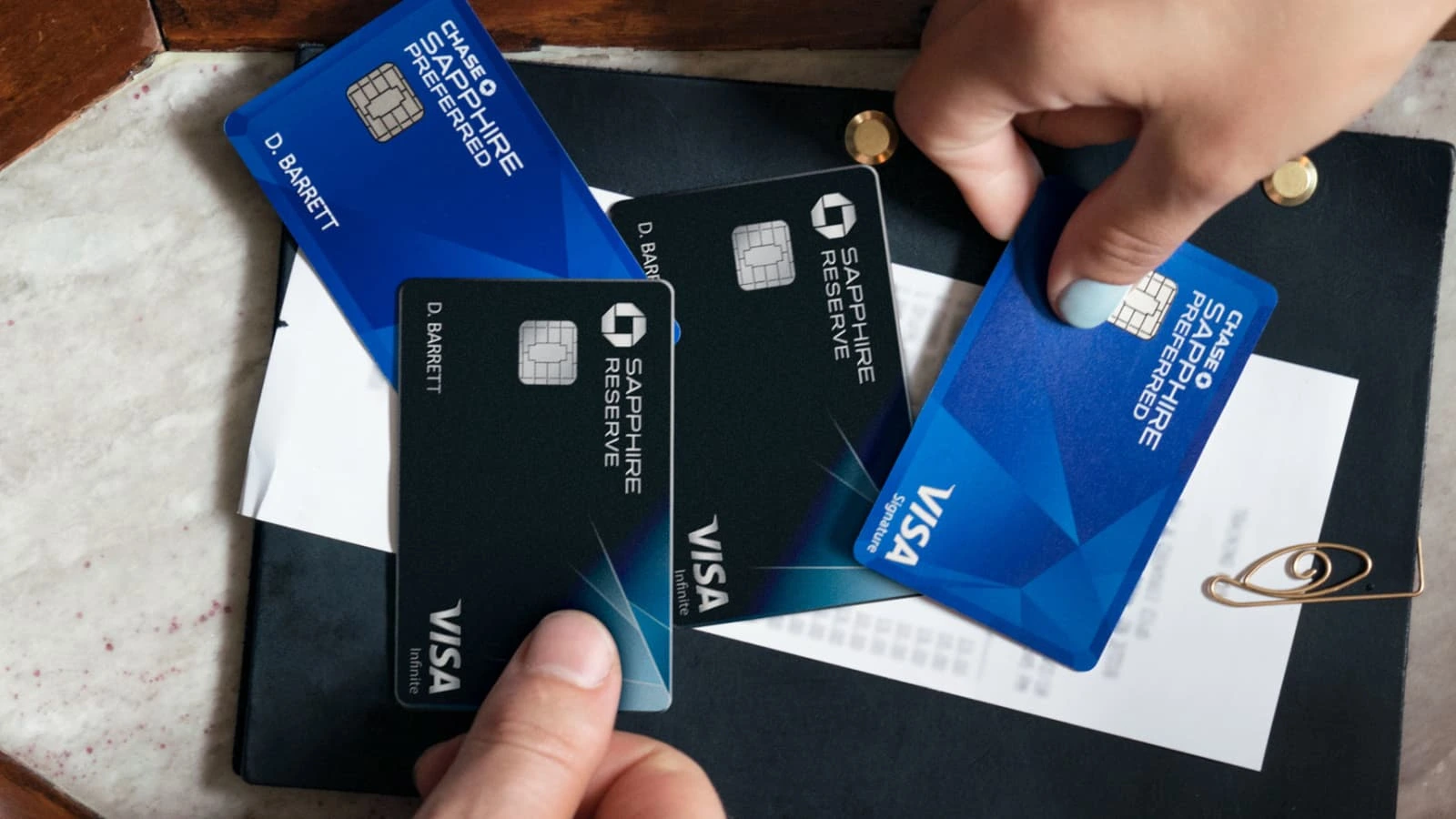Southeast Asia is a region that offers rich history, beautiful landscapes, vibrant cities, and amazing cultures. However, as one of the world’s most visited travel destinations, it is also a hotspot for scams targeting tourists. While these scams are typically non-violent, they can cause frustration, financial loss, and disappointment. With a little knowledge, you can avoid these common travel scams and have a more enjoyable and stress-free experience.
Here is an expanded guide to help you navigate some of the most common scams in Southeast Asia and ensure your trip goes off without a hitch.
1. Money Exchange Scam
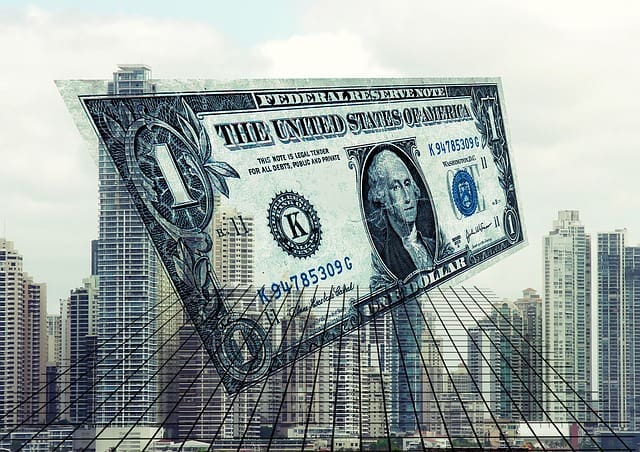
What Happens:
In many parts of Southeast Asia, money exchange counters (especially in airports or tourist-heavy areas) may offer what seem like attractive rates, luring travelers into exchanging money there. However, once you’ve exchanged your cash, you may find that you’ve received far less money than expected due to hidden fees or the inclusion of lower-denomination bills in the stack. The scam often involves sly manipulations such as “extra charges” or deceptive practices where the exchange rate is either hidden or misleading.
How to Avoid It:
- Do not exchange money at airports or other tourist hubs where rates are often inflated. Although these locations may be convenient, they are notorious for being unreasonably expensive.
- Always compare rates before exchanging. Take a moment to walk around the area and look at several exchange shops, especially if you’re at a popular tourist destination.
- Withdraw from ATMs: Many ATMs offer fair exchange rates, and some even waive certain transaction fees if your home bank has a partner network.
- Double-check the cash you receive: Count the money carefully at the counter before leaving. Request a receipt, and always ensure the denomination matches what you’ve agreed on.
- Use credit cards or e-wallets whenever possible, as these options often provide a better exchange rate and may involve fewer fees.
2. The Tour Guide Scam

What Happens:
Tour guides can be a great way to explore a new city, but in tourist-heavy regions of Southeast Asia, fake guides are common. These people will approach you at popular tourist sites or attractions, offering an “official” or “private” tour at an unbelievably low price. Once you agree, you’ll either be given a lackluster tour or led to over-priced shops where the guide receives a commission for bringing in customers. Some may even ask for an unexpectedly large sum at the end of the tour, claiming that the initial price was just a “deposit.”
How to Avoid It:
- Book tours through trusted agencies: Always check reviews and confirm the legitimacy of a guide or agency before booking.
- Research the site or attraction you’re visiting: Many tourist spots will have a fixed price for guides, and local authorities or hotels can give you the correct information.
- Check credentials: Ask to see their official identification, and be wary if they are not eager to show it.
- Beware of unsolicited offers: If someone approaches you aggressively or without your invitation, be suspicious. If it feels uncomfortable, walk away politely.
- Set clear terms before starting: Ensure that the price is agreed upon upfront and clarified if there are any additional costs.
3. Kids Scam

What Happens:
Children in tourist areas often approach travelers, asking for money or selling inexpensive souvenirs. While some may genuinely need help, others are part of organized scams where the money goes to adults who exploit them. In some cases, children may even perform tricks or act like they are in distress to garner sympathy. The scam is particularly prominent in countries like Cambodia, Vietnam, and Thailand.
How to Avoid It:
- Do not give money to children directly: It’s tempting to donate, but it may encourage more begging or perpetuate child exploitation.
- Don’t be guilt-tripped into buying items: While the children may be selling small trinkets or food items, the products are often sold at inflated prices, and the money will end up with an adult operator.
- Support ethical initiatives: Look for local organizations or charities that assist children in need, and donate directly to those causes instead of giving money on the street.
- Be firm but polite: If approached by a child asking for money, simply explain you cannot help them and walk away.
4. Special Massage Scam

What Happens:
Massage is a well-known and culturally rich tradition in many Southeast Asian countries. However, some unscrupulous establishments may lure travelers in with promises of inexpensive massages or “special offers.” These massages are often linked to additional services (such as adult services) that you are expected to pay for, often at a much higher rate than initially quoted. In some cases, the masseuse may make subtle or not-so-subtle advances, pressuring the customer to pay extra for sexual favors or other services.
How to Avoid It:
- Only visit reputable massage parlors: Check reviews or ask for recommendations from trusted locals or other tourists.
- Avoid street offers: Never accept a massage offer from someone who approaches you on the street.
- Be clear about the price beforehand: Always ask for the price upfront and confirm what the massage includes.
- Trust your instincts: If you feel uncomfortable or if the place seems shady, leave immediately.
- Know what you want: If you’re looking for a professional, therapeutic massage, ensure the place is licensed and that the staff has proper qualifications.
5. Tourist Information Office Scam

What Happens:
In busy tourist districts, many “tourist information centers” may appear to be legitimate, offering to help you find hotels, tours, or transportation. In reality, these offices are often run by people who will direct you to overpriced services or companies that offer subpar options, all for a hefty commission. They may also provide misleading information about popular attractions or suggest less desirable alternatives at inflated rates.
How to Avoid It:
- Look for official, government-run tourist centers: These will often have a logo or sign that confirms they are legitimate.
- Cross-check with local hotels: Your accommodation is a great place to get reliable information on where to go and what to do.
- Ask other travelers: Check online forums, social media groups, or your own travel guidebook for recommendations on where to get information.
- Stay away from aggressively-pushy information desks: If someone approaches you aggressively, it’s often a red flag.
6. Motorbike Scam

What Happens:
Motorbike rentals are a common and convenient way to explore Southeast Asia, but tourists are often targeted by scammers who offer seemingly cheap motorbike rentals. These bikes may be poorly maintained, leading to breakdowns, or the rental company might claim you’ve caused damage to the bike and demand an exaggerated amount for repairs. Some companies may also charge hidden fees or refuse to return your deposit for fictitious damages.
How to Avoid It:
- Inspect the motorbike thoroughly before renting it. Take photos of any existing damage, no matter how minor.
- Rent from well-reviewed, established shops: Look for places that are recommended by locals or other travelers.
- Confirm terms in writing: Ensure you are clear about the rental price and any additional fees. Don’t leave anything ambiguous.
- Use credit cards: Avoid paying in cash, as it’s easier to dispute charges or fraud if you pay by card.
- Don’t leave your passport as collateral: Offer a copy instead to avoid losing your identity in case something goes wrong.
7. Taxi Scam

What Happens:
In some cities in Southeast Asia, taxi drivers may attempt to overcharge unsuspecting tourists by either refusing to use the meter or taking longer routes to increase the fare. Some drivers might claim that the meter is “broken” or offer an inflated flat rate. Additionally, there are instances where they may take you to the wrong location in order to make you pay more.
How to Avoid It:
- Always insist on using the meter: If a taxi driver refuses to use it, get out and find another cab.
- Use ride-hailing apps like Grab, Uber, or local equivalents, which ensure that prices are fixed upfront.
- Know the typical fare for your destination by asking locals or checking online.
- Take a screenshot of your ride details if using a ride-hailing app to ensure you have proof of the route and fare.
- Check the route: Follow along on Google Maps or another navigation app to ensure the driver is not taking you on a detour.
Conclusion
Southeast Asia is full of incredible experiences, but tourists must remain vigilant to avoid common scams. By staying informed and following these practical tips, you’ll be able to confidently navigate the region and enjoy your travels. Always trust your instincts, be cautious with your money, and when in doubt, ask for recommendations from locals or fellow travelers.
FAQs
1. What should I do if I’ve been scammed? Remain calm and assertive. If you’ve lost money or been deceived, try to resolve the issue politely. If necessary, contact the local police, embassy, or your travel insurance provider.
2. How can I identify a scam in Southeast Asia? Look out for situations that feel too good to be true or people who are overly insistent or aggressive. Always verify information before committing to services, and trust your instincts.
3. Is it safe to rent a motorbike in Southeast Asia? Yes, but ensure you rent from a reputable shop, inspect the bike for damage, and agree on the terms in advance. Always wear a helmet and drive safely.
4. How do I know if a tour guide is legitimate? Check for credentials, read reviews online, and avoid guides who approach you unsolicited. Book tours through established agencies or trusted hotel concierge services.
5. What are the best ways to exchange money in Southeast Asia? Avoid exchange kiosks at airports or tourist-heavy areas. Use ATMs for cash withdrawals, or visit local banks or trustworthy exchange offices for better rates.



